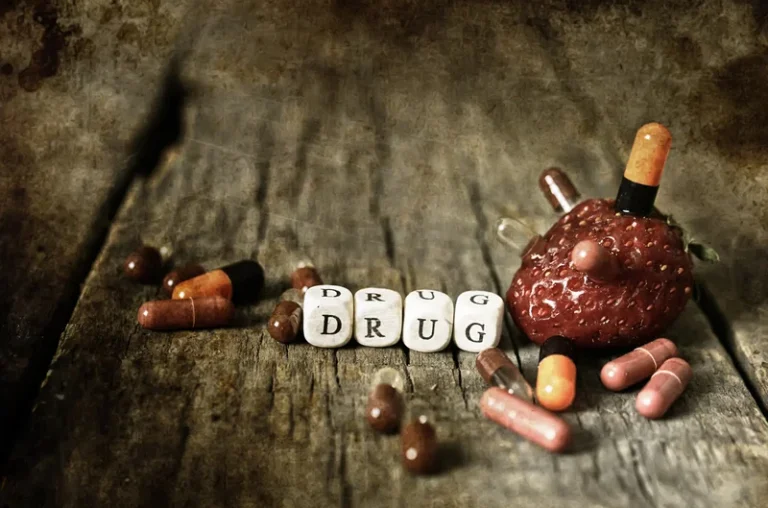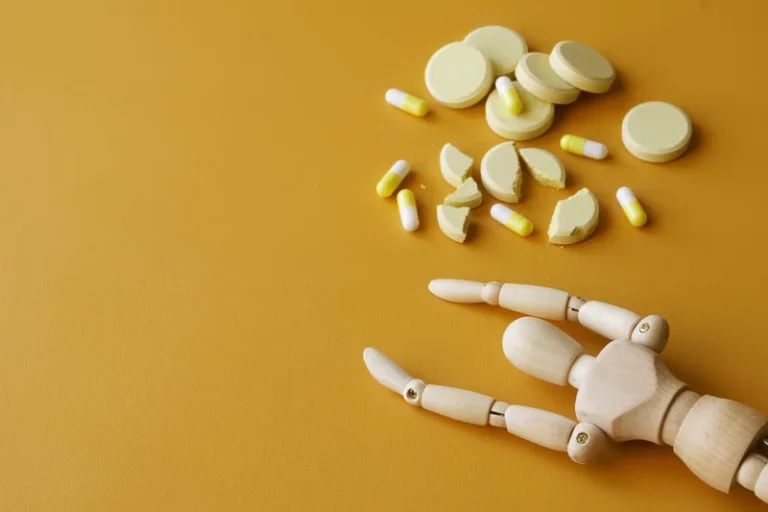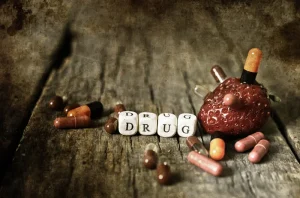
The term dry drunk syndrome was originally coined by the creators of the 12-step program at Alcoholics Anonymous. In fact, their relationship might even be worse, because the person is now acting more depressed or agitated due to the lack of their addictive outlet. Avoid enabling the alcoholic narcissist’s destructive behaviors by refusing to make excuses for their actions. According to some of my clients who’ve had experience with alcoholic narcissists, they might tell a few select half-truths when drunk and even reveal something of their underlying insecurities.

Dry Drunk Syndrome Symptoms

The person who cracks first and cries as the family increases in the insults as the hours go by is the person who will be mocked most and ridiculed. Someone will sit and play the martyr — always someone who sets other people up for social failure by acting unpleasable then letting everyone know how unhappy they are with how their needs were or were not attempted to be met. It’s not like we have not known about this stuff medically and socially since at least the early 1970s. “Angry lack of personal growth” should be tattooed on Defense Secretary Pete Hegseth’s forehead. And with that, I am sure you now have a good working list of unmistakable signs of a Christian narcissist. The story goes that one day in church my then husband sang the birthday song to an older woman in the church who had a crazy crush on him, even though she was married.
What happens to Narcissists in the end
Recovery involves a lot of soul-searching, emotional work, introspection, and an entire perspective shift. Numbing oneself with substances stunts emotional growth and causes our moral compass to malfunction. Removing chemicals from the body is certainly the first step but it doesn’t fix years of maladjustment to life. Although it is a relatively new phenomenon, social media addiction has been around since the advent of sharing pictures and status updates online. Sian Ferguson is a freelance health and cannabis writer based in Cape Town, South Africa. She’s passionate about empowering readers to take care of their mental and physical health through science-based, empathetically delivered information.
- In particular, she’s committed to helping decrease stigma around mental health issues.
- If you are sober and feeling fulfilled and happy, preventing dry drunk syndrome involves continuing to engage in a daily routine of recovery.
- One of the most common attitudes or observable behaviors of people with addiction problems is poor impulse control and impatience.
- With treatment, those with NPD can live healthy lives with positive relationships.
- Once this is done, we work on changing our train of thought and turn to good coping mechanisms.
Why Narcissists Drink Alcohol
Both conditions can significantly impact a person’s relationships, well-being, and overall quality of life. Research indicates that individuals with narcissistic tendencies are more likely to develop alcohol-related problems and engage in excessive drinking behaviors. Narcissistic personality disorder can be one of the more challenging mental health conditions to treat. Even with therapy, progress can be slow in changing the core behaviors. Many signs of dry drunk syndrome involve mental health and behaviors. They tend to occur consistently and can cause relationship strain, difficulties at work or school, and risks of returning to alcohol.

Narcissists who use 12-step programs to further their agenda
But she constantly fed into his ego, and he returned the favor to feed into her ego. I know others noticed because they told me they did, including my pastor’s wife, who was horrified at their behavior. In our case, our own family took the brunt of many of the attacks because he knew that we already knew what he was like at home and not in the public spotlight. But for those at church who dared to stand up to him, there was hell to pay. And those will be the people he continues to work with because they are feeding into his addiction for accolades.

Risk Factors and Early Indications
- It is used to describe someone who has stopped drinking but is still exhibiting behaviors they did when they were.
- People who drink alcohol at the expense of their family’s well-being and their own physical health are some of the most toxic, narcissistic thinkers on the planet.
- Antidepressants or mood stabilizers might be used to address co-occurring mental health issues often present in narcissistic individuals with alcohol use disorder.
- Alcoholics who have stopped drinking but have not done the psychological work to heal their thought patterns are not-so-affectionately known in Al-Anon social circles as “Dry Drunks”.
- Clear, consistent boundaries are crucial when interacting with a narcissistic alcoholic.
- It’s worth noting that the DSM-5-TR doesn’t use the term “alcoholism,” but the term is still used colloquially to refer to AUD.
You can also visit Psych Central’s mental health resource hub, which has information about how to find mental health support. Aggressive behavior and pathological narcissism were linked to alcohol overuse in a 2017 study of Canadian men. The association remained intact even when researchers accounted for general psychological distress as a trigger for coping responses like alcohol use. Personality disorders and substance use disorders occur together about 22.6% of the time, according to the National Institute of Mental Health (NIMH). Narcissism and dry drunk and narcissism alcoholism are two distinct conditions but share some traits. Addiction Resource aims to provide only the most current, accurate information in regards to addiction and addiction treatment, which means we only reference the most credible sources available.
Family Therapy
Understanding the complex interplay between covert narcissism and alcoholism sheds light on the challenges individuals face when navigating these intertwined conditions. Covert narcissists, characterized by a what is alcoholism subtle yet pervasive sense of superiority and a fragile self-esteem, may turn to alcohol as a means to bolster their grandiose self-image and cope with underlying emotional turmoil. This reliance on alcohol as a coping mechanism can exacerbate their narcissistic tendencies, leading to a detrimental cycle of reinforcement.
